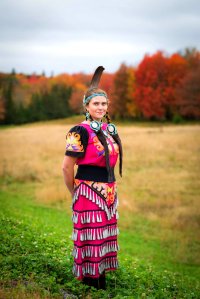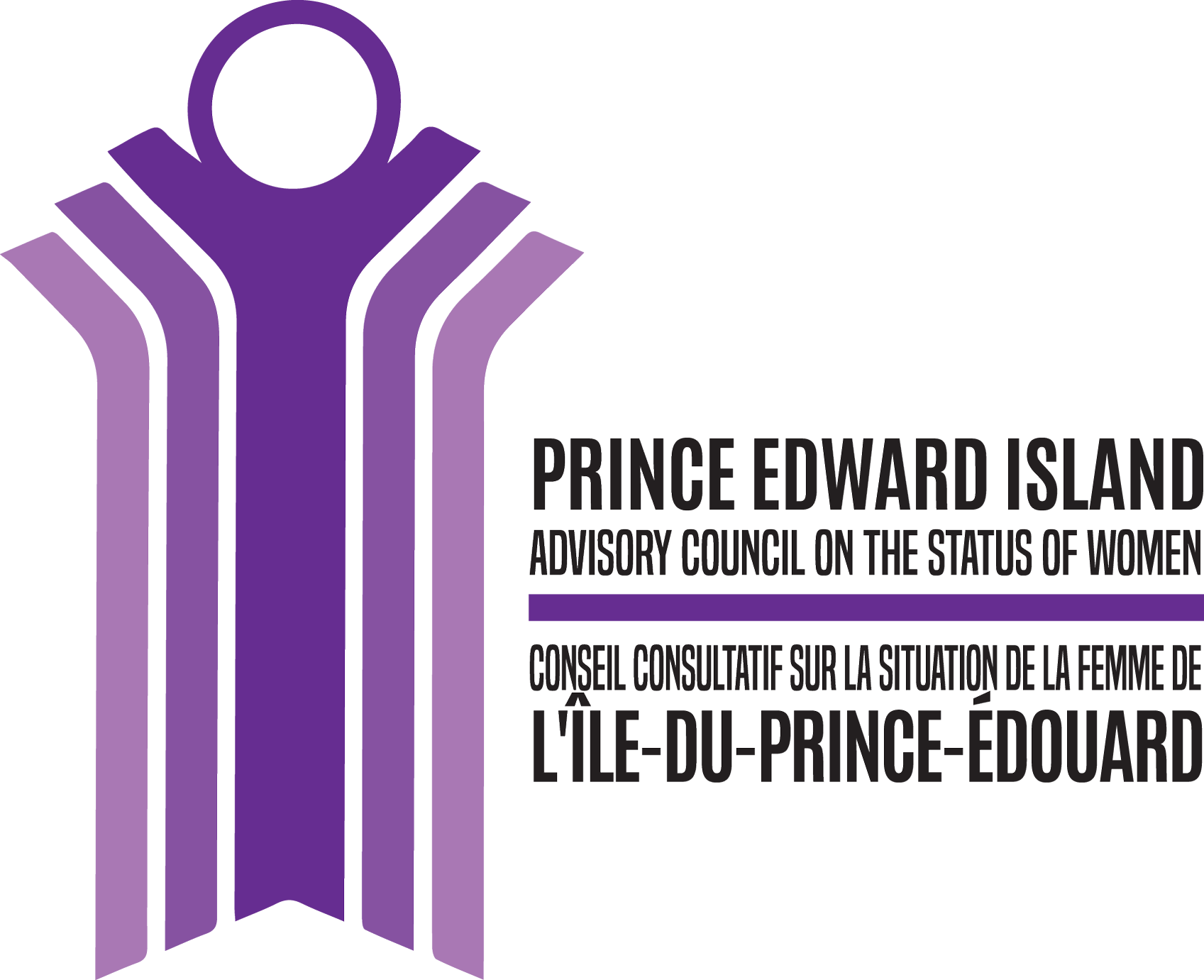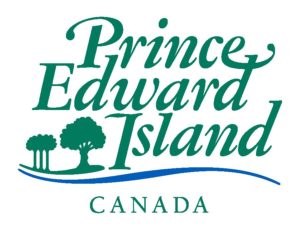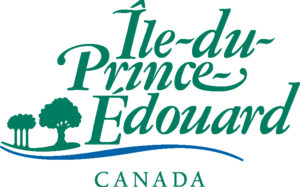 “Knowing that it makes you a target just by being a woman was and is very scary for me… Once a year we gather and remember the women who were murdered just for being women.”
“Knowing that it makes you a target just by being a woman was and is very scary for me… Once a year we gather and remember the women who were murdered just for being women.”
On December 6, 1989, Brittany Pellissier was not yet born. She grew up in the years after the Montreal Massacre. Brittany is a proud Mi’kmaq woman, a jingle dress dancer and performer with the Mi’kmaq Heritage Actors. Together with them, Brittany brings cultural performances of Mi’kmaq Legends across Epekwitk (Prince Edward Island) and Mi’kma’ki.
What do you know about December 6, 1989, and the Montreal Massacre?
From what I know, in Montreal, in 1989 there were 14 women killed, 14 others injured, 15 others on a hit list—all because of an angry young man’s hatred of women.
I was born in 1992, so I grew up knowing that this happened, for no other reason except that they were women. Knowing that it makes you a target just by being a woman was and is very scary for me.
Why is it important to remember the Montreal Massacre?
I think that having a memorial is a way to make sure that those women are not forgotten, just like we do for our war veterans: once a year we gather to remember their sacrifice. Once a year we gather and remember the women who were murdered just for being women.
This tragedy and the events every year to remember this event make it possible for women to talk about violence. When I saw the #MeToo campaign, I knew women were talking, and I started to talk.
Acknowledging that women are at higher risk than men to being in and encountering violent situations is important to know so we can work toward change.
What lessons have we learned from the Montreal Massacre?
Things are improving, but that doesn’t mean that there is less violence against women. In my view, it just means we are less likely to stay in that situation, and we use our voices to save ourselves and others.
It has happened and does happen and will continue to happen until we start working with the men. Not all men are prone to violence, but there has to be a way to show them that it is not okay, it is never okay, to hurt their women.
We are getting better at working with the victims of these crimes, but if you want to reduce it more, start working with the men. We need to protect our women and young girls, and talking about it is a start.
As an Indigenous woman, what do you think about violence against women in Canada, in the past and continuing today? Are things improving in some ways?
As a young Indigenous woman, I feel every Indigenous woman across Canada should have the right to feel safe working, raising their families, and practising their culture and traditions. We also have a right to justice.
When we hear the news or look on Facebook, we see another Indigenous woman, girl, or our LGBTQ+ as another statistic to this genocide. I fear for my daughter who is growing up in a world where her rights are treated as less important than another little girl belonging to a different cultural group.
Instead of our country fostering racism and social inequality and presenting skewed statistics to minimize this crisis, we need the government to implement the many calls to justice created by the National Inquiry (on Missing and Murdered Indigenous Women and Girls). Reading through some of the calls to justice, they are recommending that we as a people need support to feel safe. We need help to bring back our language and culture and also to create systematic changes in the justice system, to name just a few.
All of these things are important to start to rebuild our nations. For too many years, we were the unimportant targets of crimes and victims of a skewed justice system. All we want is to feel safe, to move forward and know our children will grow up and not be another statistic for another inquiry in 20 to 30 years.
* This interview has been edited for length and clarity.
_____________________________________________________________________
Full Interviews
- 30 Years After the Montreal Massacre – An Interview with Joy Ikede
- 30 Years After the Montreal Massacre – An Interview with Sharon Ledwell
Poster with shorter interviews in English and French
- 30 Years After the Montreal Massacre … ENG-JPG / FRE-JPG / Bilingual – PDF
- and our 2019-2020 Purple Ribbon Campaign blog page


